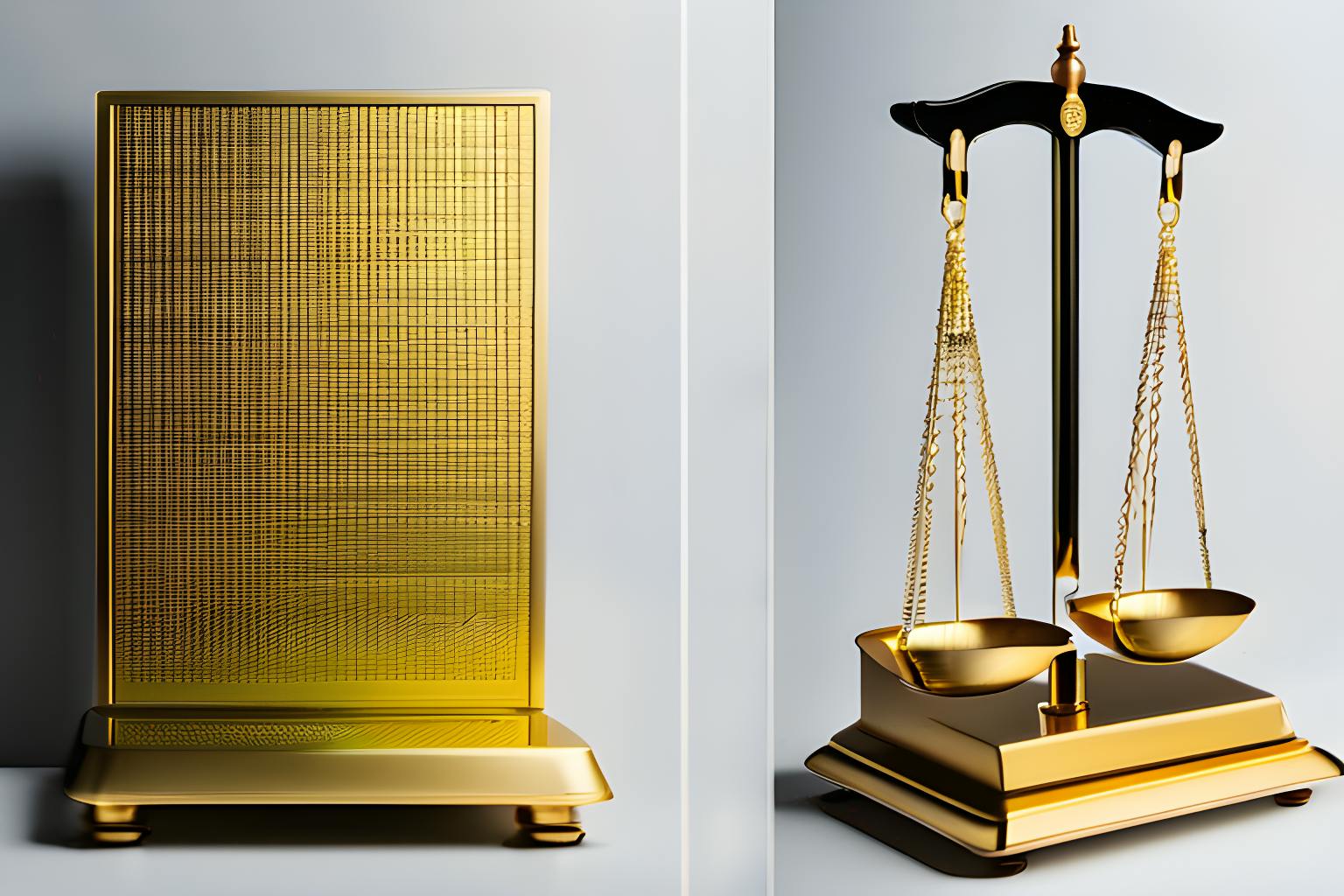Programmers Have Advanced an 'Unjust Enrichment Claim' Against GitHub
by
September 22nd, 2023
Audio Presented by

Legal PDFs of important tech court cases are far too inaccessible for the average reader... until now.
About Author
Legal PDFs of important tech court cases are far too inaccessible for the average reader... until now.
